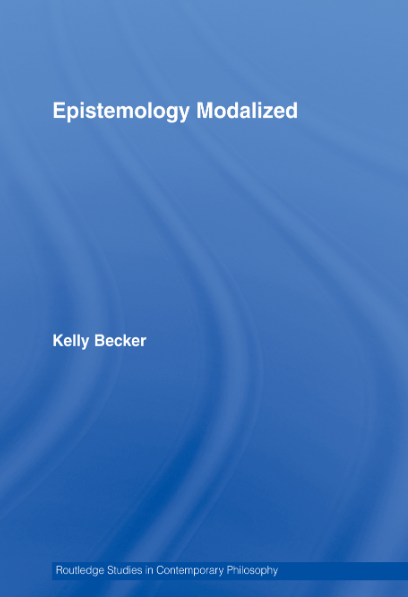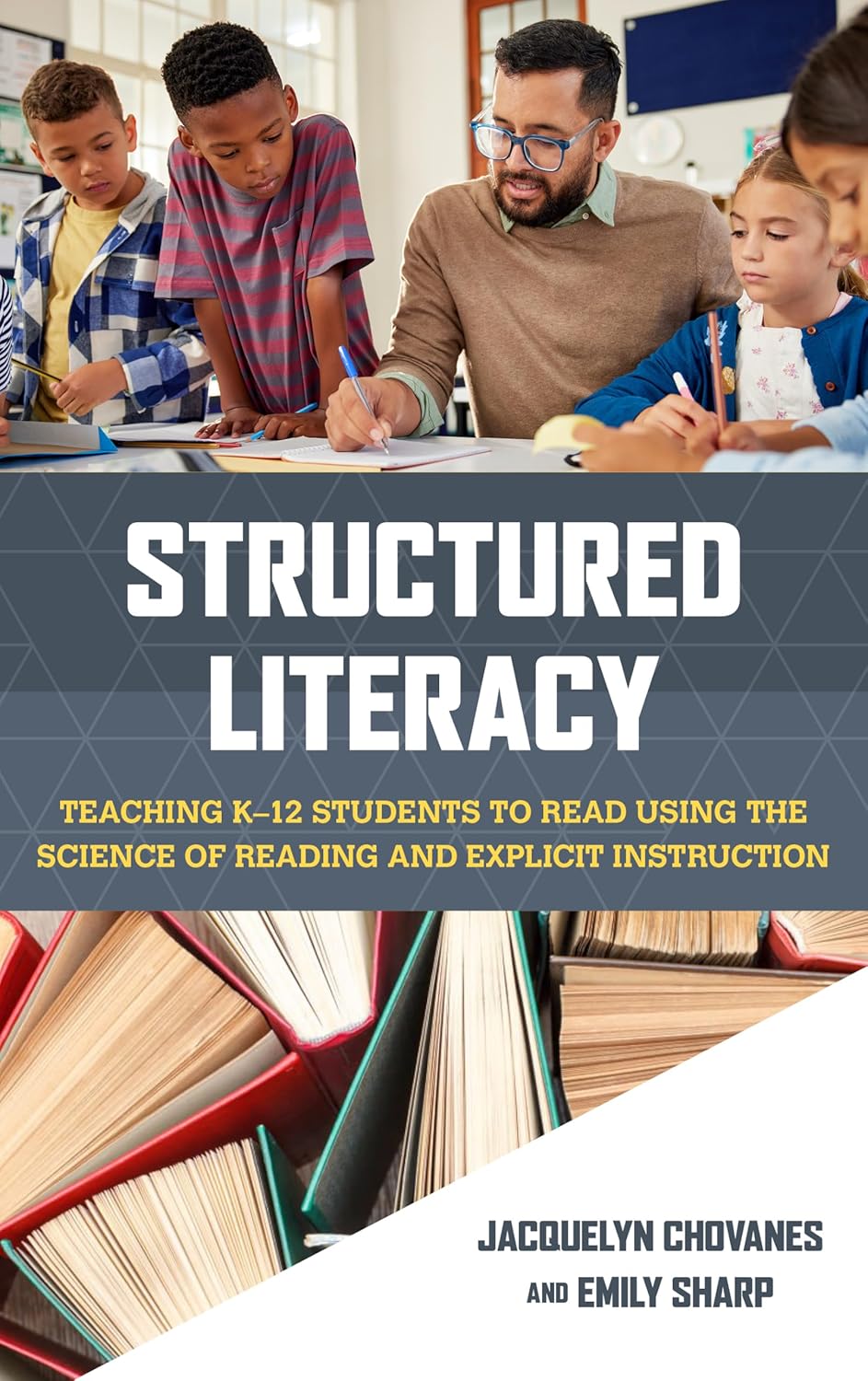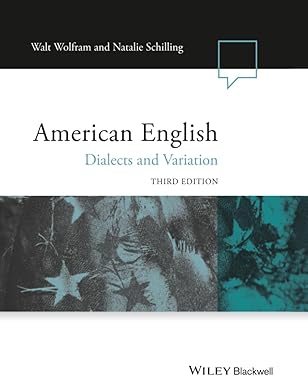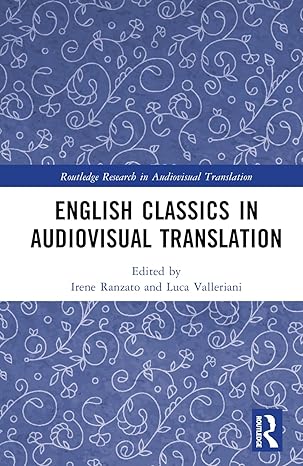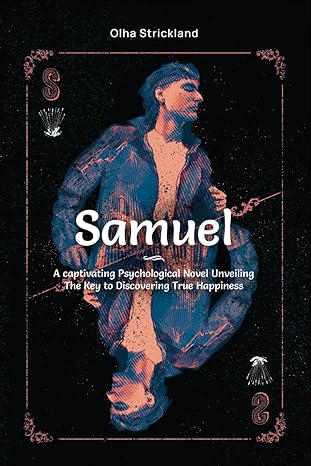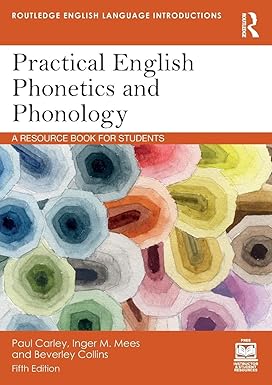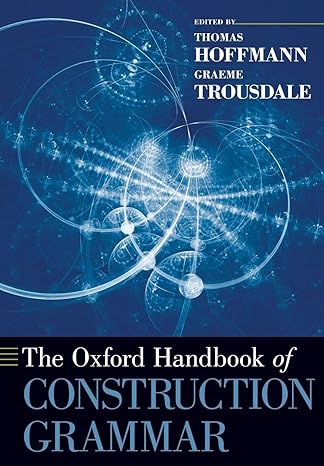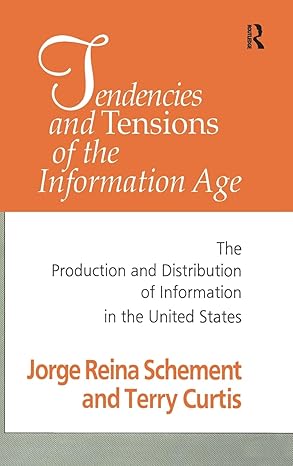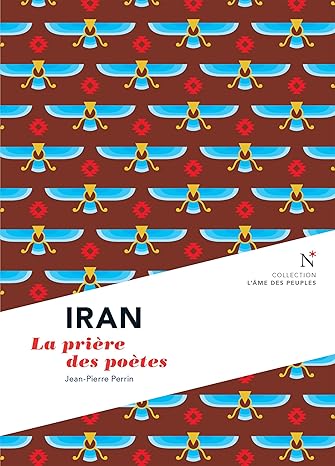Following in the wake of Gettier’s counterexamples to the traditional analysis of knowledge was a spate of papers and books that used the methodology of testing specific cases of knowledge, or lack thereof, against intuitions. It was the heyday of the counterexample method, and, though many epistemologists still use that method, many others are by now either tired of sifting through examples or, worse yet, convinced that the entire approach is either bankrupt or an exercise in mere bookkeeping (to borrow a term from Jason Stanley). 3 I for one am not persuaded; application of the method is indispensable for our purposes. I would go so far as to say that, recently, some philosophers have failed to properly acknowledge the deep pull of some time-honored examples of skeptical hypotheses in order to achieve theoretical gains. For instance, much recent literature (especially on, but not limited to contextualism and its theoretical cousins that aim to account for ordinary uses of ‘‘knows’’ locutions) has as its basis some hand- wringing about a seemingly paradoxical triad deriving from fundamental, shared intuitions: (1) that I (where ‘‘I’’ stands for any subject) know many ordinary empirical propositions; (2) that I do not know that radical skep- tical hypotheses, for instance that I am a brain-in-a-vat (BIV), are false. However, together these seem to violate the intuitively compelling principle: (3) that knowledge is closed under known entailment – that if I know that p and know that p entails q, then I know that q (provided that I draw the relevant inference). For example, if I know that I’m typing at my computer, and that this entails that I’m not a BIV, then (it seems) I know that I’m not a BIV, but I don’t know that. One way to have one’s cake and eat it, too, is to construct a theory of knowledge that, at least in some instances, allows that one can know that radical skeptical hypotheses are false. (Contextualists and safety theorists argue this. I discuss contextualism briefly below (xD) and again in Chapter 6. Chapter 4 is devoted to a discussion of safety.) This also allows one to maintain the closure principle, which is usually highlighted as a huge theo- retical benefit. But how on earth does one turn that trick? Given the current climate in epistemology, it may seem somewhat reactionary to insist that our inability to know that radical skeptical hypotheses are false is a founding intuition of the entire enterprise. But you don’t really have to take my word for it. After all, as I say, most of the contemporary discussions begin with the deeply held intuitive judgments stated above, and then, often, a theorist finds some clever way to undermine what is historically the most compelling and worrisome one, resulting in the claim that we can know that skeptical hypotheses are false. I may be charged with being obsessed about bookkeeping – with keeping track of our intuitions regarding basic cases – but at least nobody can accuse me of cooking the books! 4 Our theory must be constructed on the basis of firm and lasting judgments about what we know and what we don’t know, and only then can we assess the significance of any counter-intuitive theoretical implications, such as the denial of closure, as I do in Chapter 6. Working backwards, that is, from the desire to avoid 2 Introduction: Externalism and modalism awkward implications, is fine, but not if achievement of theoretical benefits requires us to revise the firm and enduring judgments which form the basis of our investigation. It does not follow from the preceding that I am oblivious to legitimate misgivings of philosophers about the method of appealing to examples to elicit intuitive judgments about knowledge. In addition, I should note, too, that I am bothered, as a writer, by the fact that the method can cramp one’s style. I aim herein to avoid some of the most egregious troubles thrown up by extensive use of cases and counterexamples. First, throughout the book, whenever I discuss a particular case, I give it a name in all upper case let- ters. In addition, I have included an index of case names with the page number where each first appears. I do this because I know from my own research how tedious it can be to try to keep track of all the different counterexamples to theories. Second, I do not insist that a plausible theory must pass every possible counterexample test, no matter how baroque. The fear that the approach is bankrupt seems to be that, once one has a recipe for generating counterexamples, no theory of knowledge can stand up to all of them. That may very well be, but surely some theories spawn more, and more obvious, counterexamples than others. While no theory may be wholly immune to them, we can and should hope that some theory will yield only counterexamples that are at best contentious. That would be an indication that we are close to hitting our mark. Another frequently cited problem with appeal to intuition is that intui- tions are untrustworthy; because they are informed by many of one’s other beliefs, they are both unstable (because beliefs change) and somewhat sub- jective. 5 I actually think this is true, but it is also remarkable that, in the epistemology literature, very many of the examples engender almost unan- imous verdicts. Again, we have to treat these as truth telling. Some cases, on the other hand, tug different people’s intuitions in opposite directions. In clear cases of unclear verdicts, we ought to be ready to hand with possible explanations on both sides – why one might plausibly think that S does know that p, or why one could reasonably think S does not. I shall offer an analysis of knowledge that is stated abstractly enough that it admits of some leeway in interpreting the proposed belief-truth link, where the inter- pretations deliver opposing judgments in some very specific cases. When there is intuitional conflict, I leave it to the reader to interpret my pro- posed conditions on the belief-truth link, provided, of course, that she does so consistently. Alternatively, there may be a hidden ambiguity, for instance in cases of induction, about the content of one’s knowledge: Is the relevant question whether one knows that a particular event will occur, or only that it is highly likely that it will? If it is the former, our analysis might yield a verdict of no knowledge, but if it is the latter, we may con- clude that the agent knows. Cases of unclear verdicts arise more than once in this book, and I show how to accommodate both sides when necessary. Introduction: Externalism and modalism 3 Throughout the rest of this introduction, I will set the stage for the sub- sequent proceedings. Before that, though, I want to lay my cards on the table. The theory of knowledge I will outline and defend holds that knowl- edge is sensitive true belief that is formed by a reliable process. S’s belief is sensitive if and only if, if the proposition believed were false, S would not believe it. Sensitivity is reintroduced in Chapter 2 and treated at length in Chapter 3; a key issue will be the proper understanding of the sensitivity counterfactual. (The sensitivity condition in particular admits of some flexibility in interpretation, in that there may be more than one specific plausible reading of ‘‘if p were false, S would not believe that p.’’) I should note that sensitivity has fallen on hard times recently. Some of the most serious and influential criticisms of it hold that it is too restrictive – that the condition is violated in genuine cases of knowledge, including higher-level knowledge. I reply to these criticisms in Chapter 3 in the midst of my larger project of resuscitating sensitivity as a necessary condition for knowledge. 6 Sensitivity is no longer fashionable, but I think it is a lot more durable than its detractors have claimed. In addition, when process reliabilism is coupled with sensitivity, a view that I shall motivate in various ways throughout Chapters 2–5, the famous generality problem for reliabilism admits of a neat solution. Thus I am advertising a theory that both responds correctly to our basic judgments about specific cases and yields significant theoretical benefits
چکیده فارسی
پس از مثالهای متضاد گتیه برای تحلیل سنتی دانش، انبوهی از مقالات و کتابها وجود داشت که از روششناسی آزمایش موارد خاص دانش یا فقدان آن در برابر شهود استفاده میکردند. اوج شکوفایی روش مثال متقابل بود، و اگرچه بسیاری از معرفتشناسان هنوز از آن روش استفاده میکنند، بسیاری دیگر یا از بررسی مثالها خسته شدهاند یا بدتر از آن، متقاعد شدهاند که کل این رویکرد یا ورشکسته است یا تمرینی برای حسابداری صرف است. برای قرض گرفتن یک اصطلاح از جیسون استنلی). 3 من متقاعد نشدهام. استفاده از روش برای اهداف ما ضروری است. تا آنجا پیش میروم که میگویم اخیراً برخی از فیلسوفان نتوانستهاند به درستی کشش عمیق برخی از نمونههای قدیمی فرضیههای شکگرایانه را برای دستیابی به دستاوردهای نظری تصدیق کنند. به عنوان مثال، بسیاری از ادبیات اخیر (به ویژه در زمینه، اما نه محدود به زمینه گرایی و عموزاده های نظری آن که هدفشان توضیح استفاده های معمولی از اصطلاحات «می داند») به عنوان پایه و اساس برخی از سه گانه به ظاهر متناقض نشات گرفته از بنیادی است. شهود مشترک: (1) اینکه من (در جایی که "من" مخفف هر موضوعی است) بسیاری از گزاره های تجربی معمولی را می دانم. (2) که من نمی دانم که فرضیه های شکاک رادیکال، به عنوان مثال که من یک مغز در یک vat هستم (BIV)، نادرست هستند. با این حال، به نظر میرسد که اینها با هم، اصل قانعکننده شهودی را نقض میکنند: (3) که دانش تحت دلالت شناخته شده بسته است - که اگر من بدانم که p مستلزم q است، پس میدانم که q (به شرطی که استنباط مربوطه را انجام دهم) . به عنوان مثال، اگر من بدانم که در رایانه خود تایپ می کنم، و این مستلزم این است که من BIV نیستم، (به نظر می رسد) من می دانم که BIV نیستم، اما این را نمی دانم. یکی از راههای خوردن کیک و خوردن آن نیز، ساختن نظریهای از دانش است که حداقل در برخی موارد به فرد اجازه میدهد که بداند فرضیههای شکگرایانه رادیکال نادرست هستند. (زمینه گرایان و نظریه پردازان ایمنی این را استدلال می کنند. من به طور خلاصه در زیر (xD) و دوباره در فصل 6 زمینه گرایی را مورد بحث قرار می دهم. فصل 4 به بحث در مورد ایمنی اختصاص دارد.) این همچنین به فرد اجازه می دهد تا اصل بسته بودن را حفظ کند، که معمولاً به عنوان یک بزرگ برجسته برجسته می شود. سود نظری اما چگونه می توان این ترفند را تغییر داد؟ با توجه به جو کنونی در معرفت شناسی، ممکن است تا حدی ارتجاعی به نظر برسد که اصرار کنیم که ناتوانی ما در دانستن نادرست بودن فرضیه های شکاکانه رادیکال، شهود بنیادین کل کار است. اما واقعاً مجبور نیستید حرف من را قبول کنید. به هر حال، همانطور که گفتم، بیشتر بحثهای معاصر با قضاوتهای عمیق شهودی که در بالا ذکر شد آغاز میشوند، و سپس، اغلب، یک نظریهپرداز راهی هوشمندانه برای تضعیف آنچه از لحاظ تاریخی متقاعدکنندهترین و نگرانکنندهترین است، پیدا میکند و در نتیجه این ادعا را به وجود میآورد که می توانیم بدانیم که فرضیه های شکاک نادرست هستند. من ممکن است متهم به وسواس در مورد حسابداری - با پیگیری شهود خود در مورد موارد اساسی - شود، اما حداقل کسی نمی تواند من را به پختن کتاب متهم کند! 4 نظریه ما باید بر اساس قضاوت های محکم و پایدار در مورد آنچه می دانیم و آنچه نمی دانیم ساخته شود، و تنها در این صورت است که می توانیم اهمیت هر گونه پیامدهای نظری ضد شهودی، مانند انکار بسته شدن را ارزیابی کنیم. من در فصل 6 این کار را انجام می دهم. کار معکوس، یعنی میل به اجتناب از پیامدهای ناخوشایند، خوب است، اما اگر دستیابی به مزایای نظری مستلزم تجدید نظر در قضاوت های محکم و پایداری باشد که اساس آن را تشکیل می دهد، خوب نیست. تحقیق ما از موارد قبل نتیجه نمی گیرد که من از تردیدهای مشروع فیلسوفان در مورد روش توسل به مصادیق برای استنباط احکام شهودی درباره معرفت غافل هستم. علاوه بر این، باید توجه داشته باشم که من به عنوان یک نویسنده از این واقعیت که این روش می تواند سبک فرد را دچار مشکل کند، آزارم می دهد. هدف من در اینجا این است که از برخی از فاحش ترین مشکلات ناشی از استفاده گسترده از موارد و نمونه های متقابل جلوگیری کنم. اولاً، در سراسر کتاب، هر زمان که در مورد مورد خاصی بحث می کنم، آن را با حروف بزرگ نام می برم. علاوه بر این، من فهرستی از نام موارد را با شماره صفحه که هر کدام برای اولین بار در آن ظاهر می شود، اضافه کرده ام. من این کار را انجام میدهم زیرا از تحقیقات خودم میدانم که تلاش برای پیگیری همه نمونههای متضاد مختلف نظریهها چقدر میتواند خستهکننده باشد. ثانیاً، من اصرار ندارم که یک نظریه قابل قبول باید در هر آزمون مثالی ممکن، صرفنظر از اینکه چقدر باروک باشد، بگذرد. به نظر می رسد ترس از ورشکستگی این رویکرد این است که، زمانی که فرد دستورالعملی برای تولید نمونه های متقابل داشته باشد، هیچ نظریه ای از دانش نمی تواند در برابر همه آنها بایستد. این ممکن است بسیار خوب باشد، اما مطمئناً برخی از نظریهها نمونههای متقابل بیشتری و واضحتر از سایرین ایجاد میکنند. در حالی که هیچ نظریه ای ممکن است کاملاً از آنها مصون نباشد، ما می توانیم و باید امیدوار باشیم که برخی از نظریه ها تنها نمونه های متقابلی را ارائه دهند که در بهترین حالت بحث برانگیز هستند. این نشان دهنده این است که ما در آستانه رسیدن به هدف خود هستیم. یکی دیگر از مشکلاتی که اغلب در مورد توسل به شهود ذکر می شود این است که شهودها غیرقابل اعتماد هستند. از آنجایی که آنها از بسیاری از باورهای دیگر فرد مطلع هستند، هم ناپایدار هستند (به دلیل تغییر باورها) و هم تا حدودی ذهنی. من در واقع فکر میکنم این درست است، اما همچنین قابل توجه است که در ادبیات معرفتشناسی، بسیاری از نمونهها احکام تقریباً متفق القول دارند. باز هم باید با اینها به عنوان حقیقت گویی رفتار کنیم. از سوی دیگر، برخی موارد، شهود افراد مختلف را در جهت مخالف می کشاند. در موارد واضح احکام نامشخص، ما باید آماده ارائه توضیحات احتمالی از هر دو طرف باشیم – چرا ممکن است به طور منطقی فکر کنیم که S آن p را میداند، یا چرا میتوان به طور منطقی فکر کرد که S نمیداند. من تحلیلی از دانش ارائه خواهم کرد که به قدری انتزاعی بیان شده است که در تفسیر پیوند باور-حقیقت پیشنهادی، جایی که تفاسیر در برخی موارد بسیار خاص، قضاوت های متضادی را ارائه می دهد، اعتراف می کند. وقتی تعارض شهودی وجود دارد، من این را به خواننده واگذار میکنم که شرایط پیشنهادی من را بر اساس پیوند باور-حقیقت تفسیر کند، البته به شرطی که او این کار را به طور مداوم انجام دهد. از طرف دیگر، ممکن است ابهامی پنهان، به عنوان مثال در موارد استقرا، در مورد محتوای دانش فرد وجود داشته باشد: آیا این سؤال مربوط است که آیا شخص می داند که یک رویداد خاص رخ خواهد داد، یا فقط احتمال وقوع آن بسیار زیاد است؟ اگر اولی باشد، تحلیل ما ممکن است حکم عدم آگاهی را بدهد، اما اگر دومی باشد، ممکن است نتیجه بگیریم که عامل می داند. موارد احکام نامشخص بیش از یک بار در این کتاب مطرح میشود و من نشان میدهم که چگونه میتوان در صورت لزوم هر دو طرف را کنار گذاشت. مقدمه: اکسترنالیسم و مدالیسم 3 در طول بقیه این مقدمه، من زمینه را برای اقدامات بعدی آماده خواهم کرد. هرچند قبل از آن، میخواهم کارتهایم را روی میز بگذارم. تئوری دانشی که من طرح خواهم کرد و از آن دفاع خواهم کرد، بر این باور است که دانش یک باور واقعی حساس است که توسط یک فرآیند قابل اعتماد شکل می گیرد. باور S حساس است اگر و فقط اگر، اگر گزاره مورد اعتقاد نادرست بود، S آن را باور نمی کرد. حساسیت در فصل 2 مجدداً معرفی شده و در فصل 3 به طور مفصل مورد بررسی قرار گرفته است. یک مسئله کلیدی، درک صحیح خلاف واقع حساسیت خواهد بود. (شرط حساسیت به ویژه انعطاف پذیری در تفسیر را تأیید می کند، به این معنا که ممکن است بیش از یک قرائت معقول خاص از «اگر p نادرست بود، S آن p را باور نمی کرد» وجود داشته باشد.) باید توجه داشته باشم که حساسیت روی آن کاهش یافته است. روزهای سخت اخیر برخی از جدیترین و تأثیرگذارترین انتقادها به آن معتقدند که آن بسیار محدودکننده است - اینکه شرط در موارد واقعی دانش، از جمله دانش سطح بالاتر، نقض میشود. من به این انتقادات در فصل 3 در میانه پروژه بزرگتر خود برای احیای حساسیت به عنوان شرط لازم برای دانش پاسخ می دهم. 6 حساسیت دیگر مد نیست، اما من فکر می کنم که بسیار بادوام تر از آن چیزی است که مخالفان آن ادعا می کنند. بعلاوه، زمانی که قابلیت اطمینان فرآیند با حساسیت همراه می شود، دیدگاهی که من به طرق مختلف در سرتاسر فصل های 2 تا 5 برانگیخته خواهم شد، مسئله عمومی معروف برای قابلیت اطمینان، راه حلی دقیق را تایید می کند. بنابراین، من نظریهای را تبلیغ میکنم که هم به قضاوتهای اساسی ما در مورد موارد خاص پاسخ درستی میدهد و هم مزایای نظری قابلتوجهی دارد
ادامه ...
بستن ...
First published 2007
by Routledge
270 Madison Ave, New York, NY 10016
Simultaneously published in the UK
by Routledge
2 Park Square, Milton Park, Abingdon, Oxon OX14 4RN
Routledge is an imprint of the Taylor & Francis Group, an informa business
# 2007 Kelly Becker
Typeset in Times New Roman by
Taylor & Francis Books
All rights reserved. No part of this book may be reprinted or reproduced
or utilized in any form or by any electronic, mechanical, or other means,
now known or hereafter invented, including photocopying and recording,
or in any information storage or retrieval system, without permission in
writing from the publishers.
Library of Congress Cataloging in Publication Data
A catalog record for this book has been requested
British Library Cataloguing in Publication Data
A catalogue record for this book is available from the British Library
ISBN 978-0-415-95611-6
ادامه ...
بستن ...
